Your wee one may only be tiny, but spending time with you is a big deal to them as it helps them form an attachment with you. And by having fun together, you can help them in so many ways.
Why it's great to play
Playing, talking and reading with your baby will bring you closer together, which helps them become sociable and makes it easier for them to form friendships later on. It can also help with their movement, letting their bones, muscles and heart grow strong. The stimulation also boosts the growth of little brains, and can make a positive difference to your baby’s health and happiness in the future.
You don’t need lots of time, toys or expensive equipment for playing, talking and reading together – you can fit these little activities in easily with your everyday routine. And because they will all help your baby learn to play for longer before they get bored, it may even mean fewer tears! So why not have a go? Here are some great tips to get you started.
What the parents say
Tip #1: Read before bed
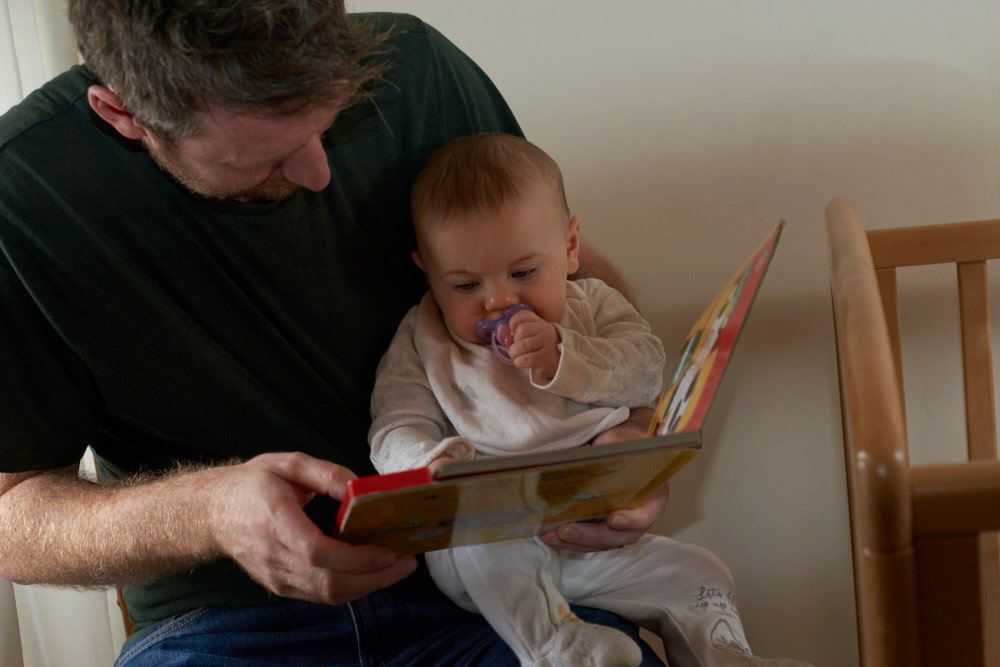
Read together before bed. Your voice will soothe your little one, and it’s a lovely excuse for a cuddle. You might think they don’t know what the words mean, but babies’ brains are like wee sponges – you’d be amazed what they pick up even when they’re tiny.
Tip #2: Sing!
Singing to your baby while you go about your day is a great way to keep them entertained. And babies learn by hearing your voice. They don’t care if you’re not Rihanna – they’ll love your voice more!
Tip #3: Round and round the garden
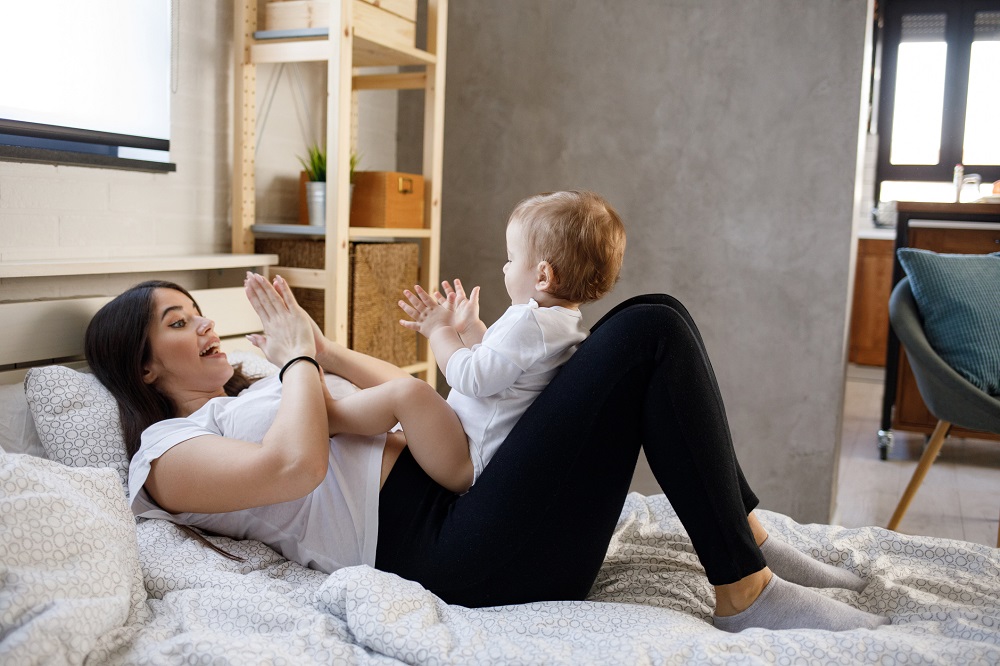
All wee ones love this simple rhyme:
“Round and round the garden, like a teddy bear” – move your finger in circle on your child’s palm.
“One step, two step,” – walk your fingers up their arm.
“Tickle you under there!” – tickle them under their armpit – or anywhere else that’s ticklish!
You’ll find lots more rhymes and songs like this in the Bookbug Song and Rhyme Library.
Tip #4: Use simple toys
Babies don't need lots of new toys to be happy. Wooden spoons, plastic tumblers, a drink bottle filled with colourful items and sealed shut – anything can be a toy! Just make sure it can’t be swallowed, and there are no loose, sharp or removable parts.
Tip #5: Entertain them with a mirror
Who’s that in the mirror? Try letting your baby look at their reflection and see if they recognise themselves.
Tip #6: Hands-on playing
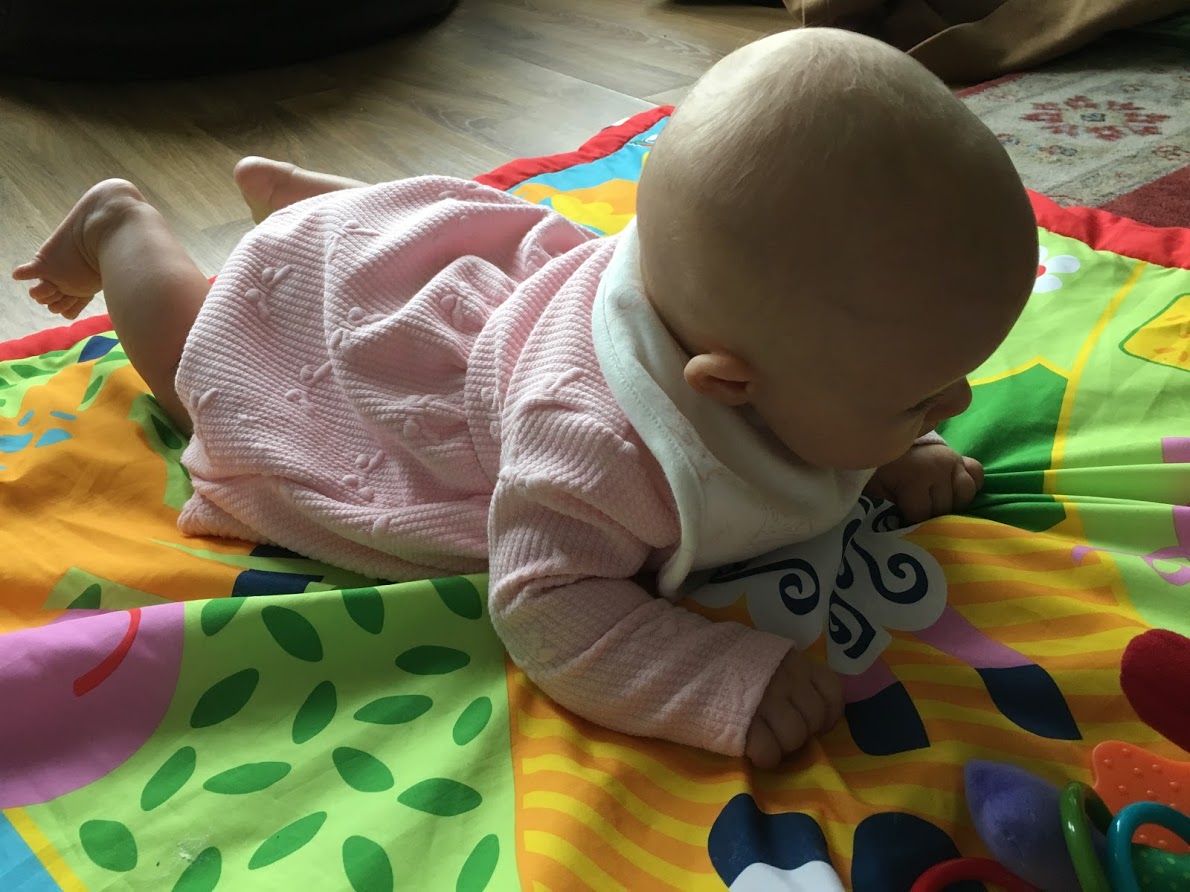
As your wee one gets older, they might try grabbing everything around them. So pop them on a blanket and scatter some objects around them. And give them lots of praise when they reach them.
Tip #7: Make a mobile
Making a mobile is great way to keep babies interested as their eyes develop and they focus more. They’re easy to make at home too. Just cut out different colourful objects from magazines, back them with card, attach them to string on a coat hanger and you’ve got an instant mobile!
Tip #8: It's tickle time!
Tickling can be a lovely way to bond. When you're changing your baby’s nappy, tickle their toes or tummy – they love how it feels.
Tip #9: Shake it up
Try filling empty plastic bottles with rice, pasta or anything else that makes a noise. Your wee one will love getting their hands on this simple homemade rattle. Just make sure the bottle lid is firmly screwed on and don’t leave your baby alone with it.
What the professionals say
"Connecting with your child might happen straight away, but for some parents it may take days, or even weeks – and all of this is normal. Child experts say relationships form from an intense feeling of attachment – a strong desire to care for and protect your baby. Over time, this creates an overwhelming sense of love and affection. Playing together can help build strong bonds. This can be anything from a family stroll around the block or having a cuddle together while playing peek-a-boo at home."
More information
Remember that if you have any worries about your relationship with your child, it always helps to talk things through with someone. You can speak to your health visitor – and you can also read about creating a secure attachment with your baby on the Ready Steady Baby website.
 Activities & Play
Activities & Play Behaviour
Behaviour Childcare
Childcare Development & Growing Up
Development & Growing Up Family, Friends & Relationships
Family, Friends & Relationships Feeding Your Baby
Feeding Your Baby Food & Eating
Food & Eating Health & Safety
Health & Safety Mental Health & Wellbeing
Mental Health & Wellbeing Money & Work
Money & Work Online Behaviour & Safety
Online Behaviour & Safety Pregnancy & First Days
Pregnancy & First Days School & Education
School & Education Sleep
Sleep


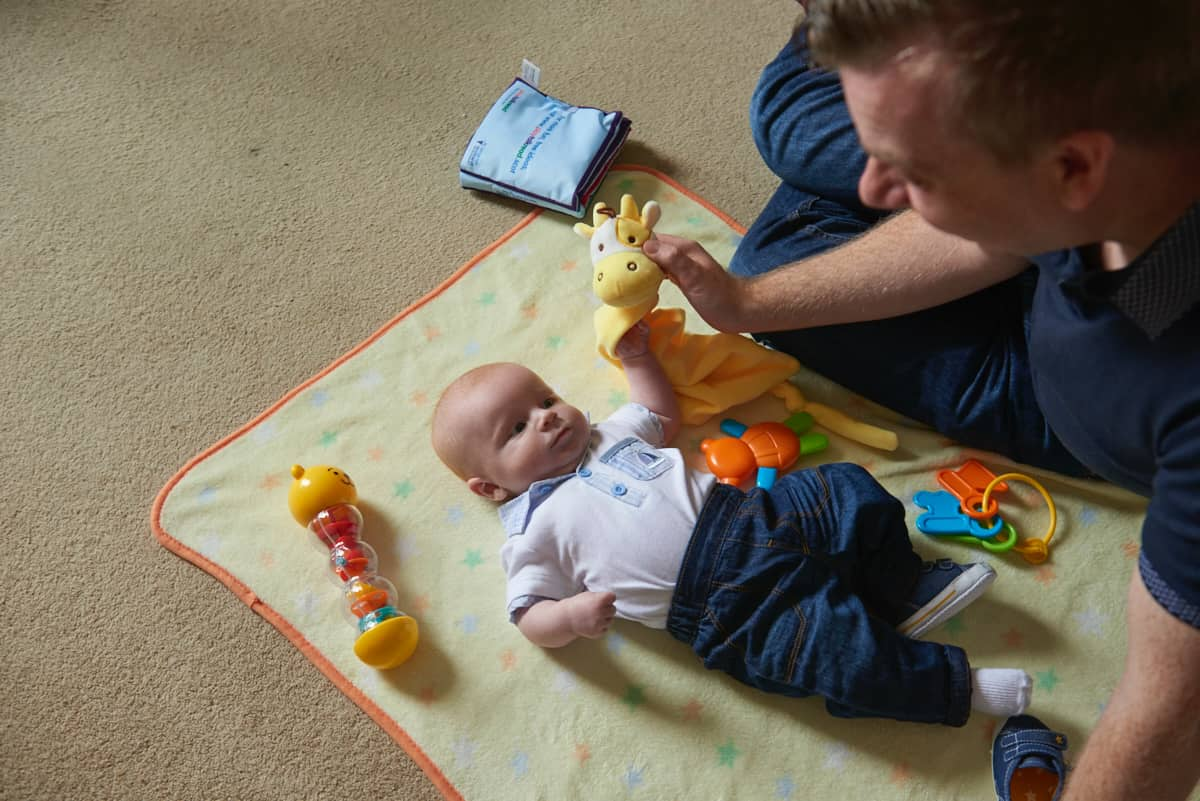

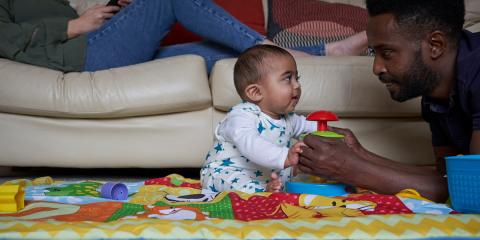

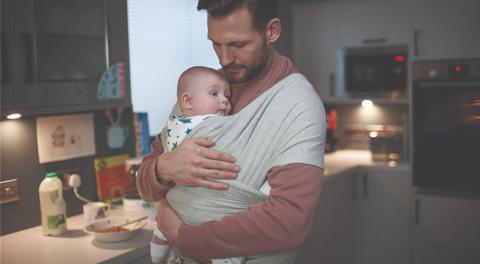

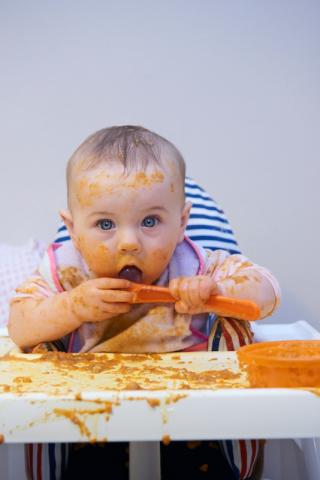
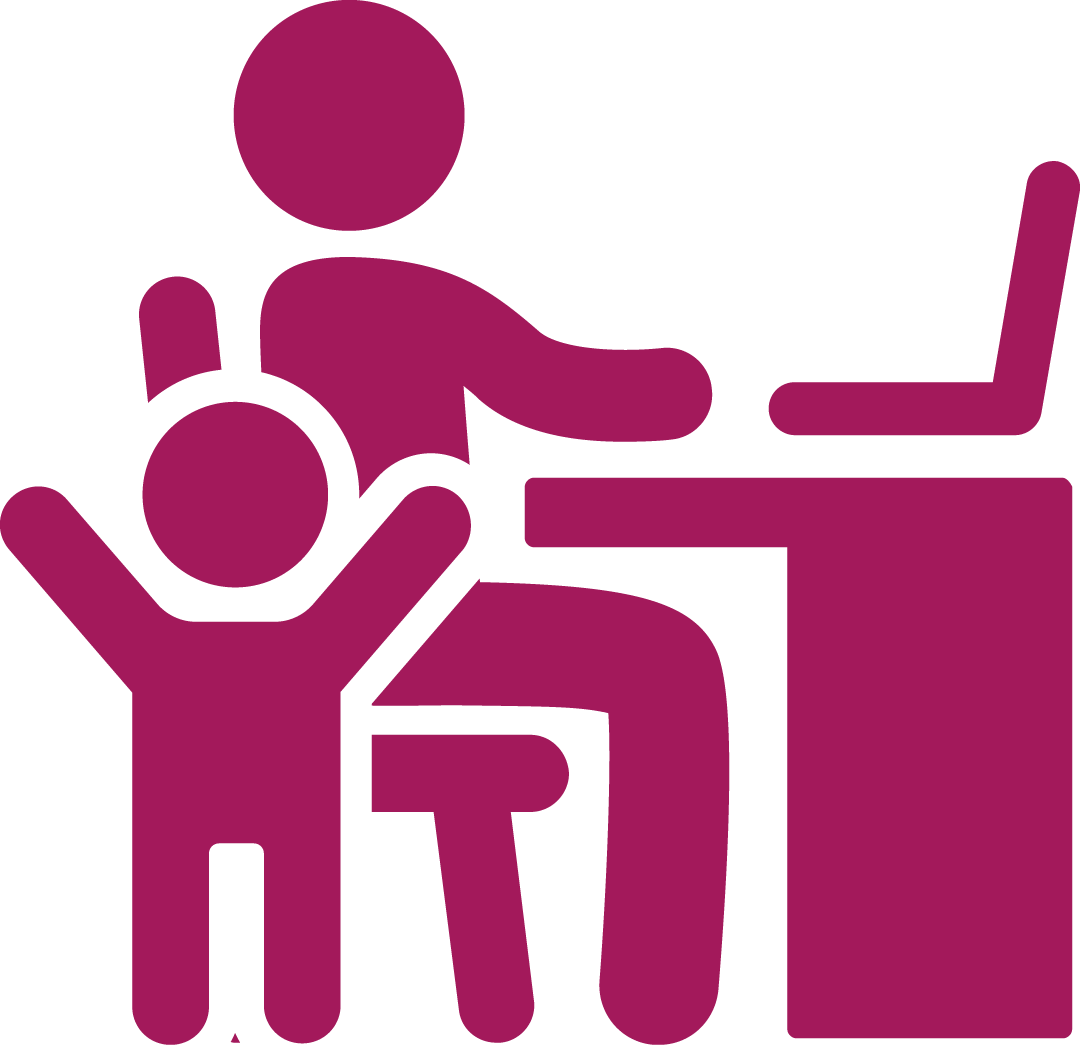 Childcare
Childcare
 Sleep
Sleep